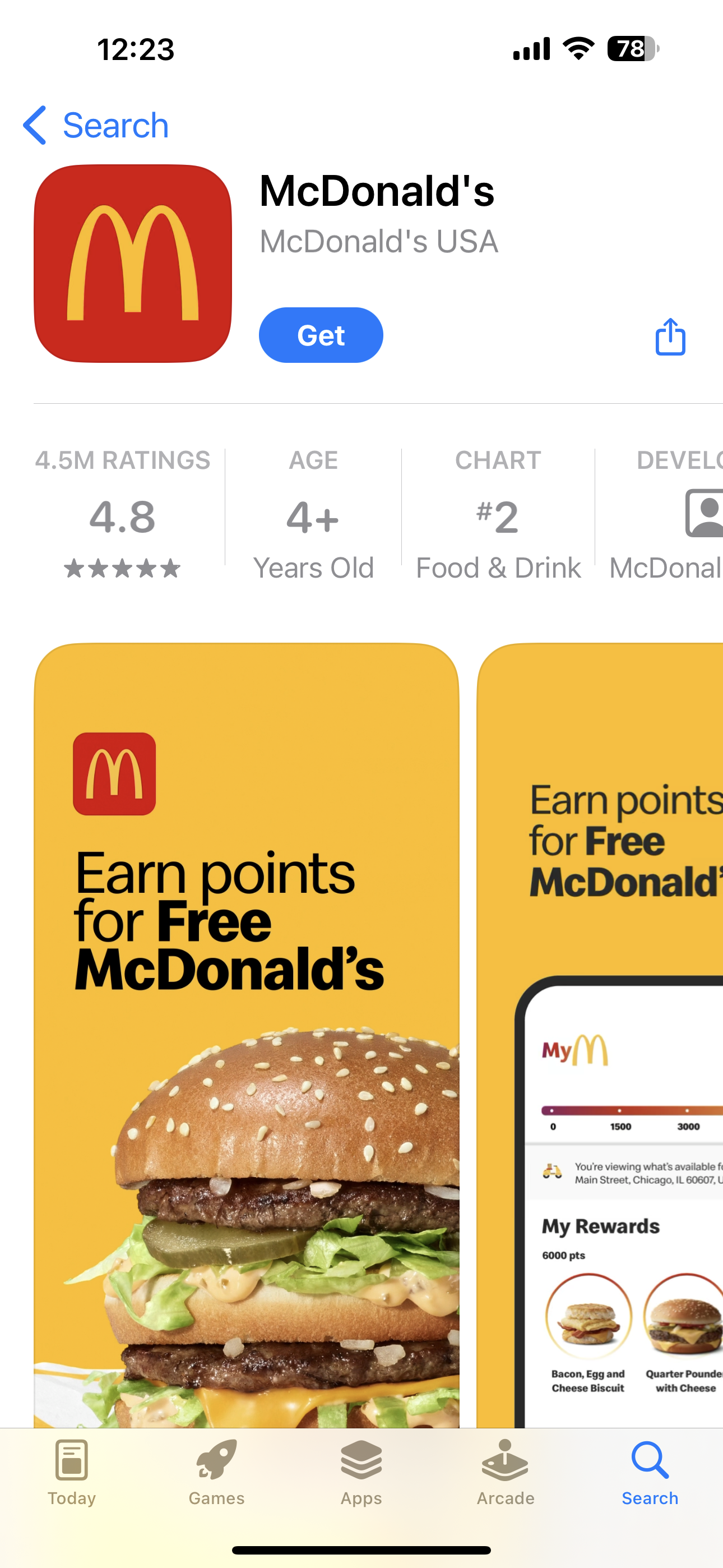Using Mobile Notifications Engages Customers and Increases Profit
Push notifications engage customers and drive sales
When it comes to digital marketing, over 35% of small businesses rely exclusively on their company website (a problem in itself that I’ll address later). That may be fine for an SMB that relies exclusively on walk-in traffic, like a hot dog vendor at the beach, but that philosophy means many businesses are missing out significantly on engaging customers.
Statistically the lion’s share of business marketing is focused on customer acquisition, working to get new prospective customers in the door. Obviously this is crucial since no business survives without customers. In my experience, however, the focus on new customers leaves money on the table because it doesn’t recognize the importance of existing customers. Studies show that 65% of a company’s revenue comes from existing customers.
It follows that an increase of just 5% in customer retention results in a 25% to 95% increase in net profit.
Generic vs Personalized Content
So how do we engage customers and keep them coming back? Personalized communication is the key. Email messages and text messages that address the individual customer's specific needs and profile can be extremely effective, but perhaps no engagement technique is as personalized and focused as app-based mobile notifications. Custom mobile applications, such as those from Sandcastle Digital Design, give businesses the opportunity to pin-point customer characteristics and drive recurring purchases and brand loyalty through targeted push notifications.
As part of an overall digital marketing strategy, push notifications are measurably more effective than traditional techniques:
- Push notifications generally have higher open rates compared to emails. According to one source, the open rate for push notifications can be as high as 90% in some instances, with an average rate around 45-50%.
- Email open rates tend to be lower, averaging around 20-25% depending on the industry and the quality of the email list.
- Personalized push notifications can significantly boost engagement rates. Basic personalization can increase open rates by 9%, while advanced targeting can improve reaction rates by up to 300%.
Custom Mobile Apps
Effective communication with customers means engaging with them where they are, and customers are mobile. Globally, 72% of e-commerce sales come from mobile devices; projections indicate the mobile e-commerce share will near 88% in 2027. 311.8 million Americans currently use smartphones; that number is expected to grow to 328.2 million in 2027. If sales and marketing is a numbers game, those are numbers we just can’t ignore.
Of course, every business is unique, and any custom mobile app created for that business must reflect that uniqueness. One of the most noticeable aspects to a business’s mobile application is that the customer must make a decision to install it. Even if it just means scanning a QR code on a menu or a counter display, the customer specifically chooses to install the app. That immediately gives the business’s communications an authority in the customer’s mind. Online ordering, menus, inventory, maps, help desk, loyalty programs, discounts and more can be part of a quality custom application that helps build brand loyalty and increase customer retention.
Custom mobile apps that include targeted push notifications are increasingly acceptable by consumers generally. On iOS devices, where users must specifically opt in, the opt-in rate for notifications averages 51%. On Android devices, where opt-in is the default, the acceptance rate is significantly higher at 81%. Apps that utilize targeted push notifications see a retention rate of 39% for users engaging with the app 11 or more times, compared to a 21% retention rate for broadcast messages.
Some Things To Watch Out For
Like all powerful tools, push notifications must be handled carefully. Notifications need to be informative, timely and targeted to the customer’s needs. They also must be reasonably spaced. Overuse of push notifications can lead to users disabling notifications or even uninstalling the app. For instance, sending one push notification per week can lead to 10% of users disabling notifications, while sending more frequently can increase this number significantly.
In our experience, 1 to 2 push notifications per month, tied to specific promotions or events, are welcomed by mobile app users with minimal push back, and reaction rates can rise as high as 90%.
Overall, while push notifications can be a powerful tool for engaging users and improving retention, their effectiveness largely depends on how they are implemented. Personalized, well-timed, and relevant notifications tend to perform better and contribute positively to user experience. For the best possible custom mobile app experience, contact Sandcastle Digital Design at
https://www.sandcastledigitaldesign.com, or info@sandcastledigitaldesign.




